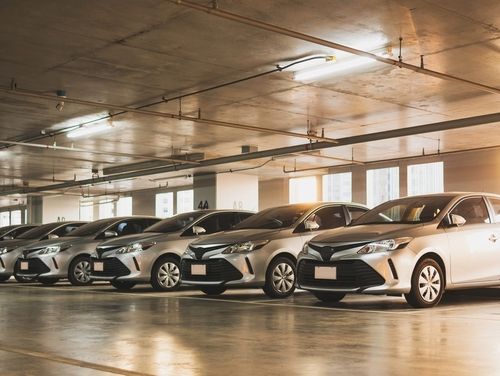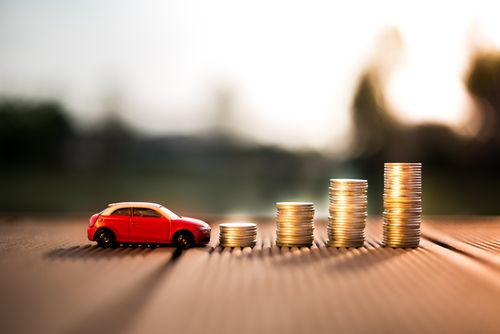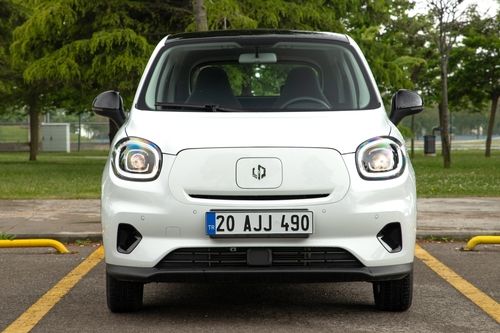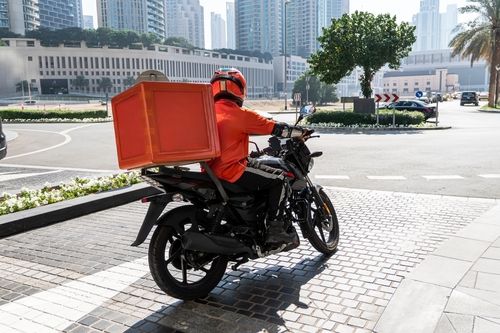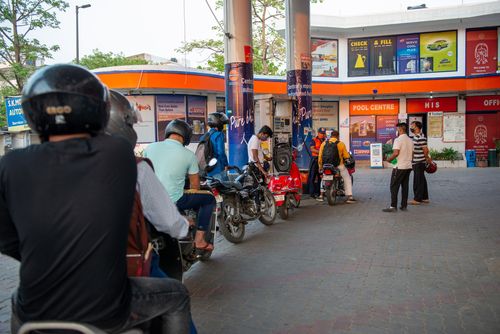Own Damage Vs Third Party Cover Under Bike Insurance
Written by Upstox Desk
Published on July 16, 2025 | 4 min read
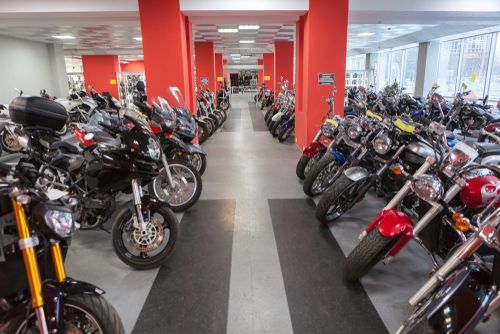
In India, two-wheelers remain a preferred mode of transport, especially in urban areas where heavy traffic congestion and narrow roads are common. Motorbikes and scooters offer greater flexibility, faster commutes, and ease of navigation through crowded streets. However, along with convenience comes the responsibility of securing your vehicle with adequate insurance coverage.
Bike owners in India typically choose between two types of insurance: Own Damage (OD) cover and Third-Party (TP) insurance. Both serve different purposes and offer distinct benefits to the policyholder. While third-party insurance is mandatory under Indian law, an own damage policy provides additional protection for your vehicle.
Understanding the key differences between OD and TP insurance is crucial in making an informed decision. This blog explores what each type of insurance covers, their respective advantages, and the requirements to avail them in India, helping you choose the best protection for your two-wheeler.
What is Own Damage Bike Insurance?
Own Damage insurance covers damage to your bike from accidents, natural disasters, vandalism, or unforeseen events, including some rider-related incidents. OD covers only damage to the insured motorcycle; third-party liabilities are separately covered.
Key points about Own Damage Bike Insurance
Here are some crucial key highlights of having your damaged bike insurance:
This insurance is essential for providing financial security in the event of unexpected bike repair or replacement costs. For bike enthusiasts and people who care about their two-wheeler, this is a recommended coverage.
What is Third-Party Bike Insurance?
Third-party bike insurance is a legal requirement; it will also cover any damage or injury caused by an accident involving your bike to third parties (including people, vehicles and property). It will not cover any damage to your bike.
The key highlights of third-party insurance for bikes
Here are the key highlights of third-party insurance for bikes you must consider before opting for your bike:
Coverage is limited to Liability Coverage
Means damages/injuries to third persons, including pedestrians, other vehicles, or property from an accident with your motorcycle.
Legally required
Third-party bike insurance is a legal requirement in India under the Motor Vehicles Act, 1988.
No Coverage for your bike
This type of policy does not cover damages or theft to your bike. You need your damage coverage and/or comprehensive insurance for these events to be covered.
Affordable
Typically, premiums for this type of insurance are lower than those for comprehensive bike insurance.
Overall, you need third-party insurance for legal protection and to manage your financial liabilities resulting from damage caused by a bike accident.
Difference Between Own Damage and Third-Party Bike Insurance
| Aspect | Own Damage Bike Insurance | Third-Party Bike Insurance |
|---|---|---|
| Coverage | Covers your bike against accidents, theft, fire, and other mishaps. | Covers damages, injuries, or death caused by your motorcycle to third parties. |
| Legal Requirement | By law, it is not mandatory; it is an optional insurance. | Necessary to comply with Indian laws for bikes to be on the road. |
| Premium Cost | Usually a bit higher, but coverage is expanded. | Generally, it is more cost-effective since it only covers third-party liabilities. |
| Repair Costs | Covers the repair of your bike after an accident. | Does not cover repair costs for your motorcycle. |
| Scope of Protection | Offers greater coverage, like natural disasters, etc. | Protection is provided only for third-party damages, with no coverage for your bike. |
| Coverage Duration | Covers are provided for a specified period, as outlined in the policy. | Covers third parties |
Buying a Two-Wheeler Plan: Which one is Best For You?
We recommend that you opt for a comprehensive bike insurance plan that includes both third-party coverage, own damage cover, and personal accident cover (as per the regulations). This not only helps you comply with the rules and ensures you fulfil your duty of taking care of people and third parties on the road (with third-party insurance), but it also extends coverage to your bike, providing an extra layer of protection in case of an accident.
Conclusion
When it comes to insuring your two-wheeler, choosing between third-party insurance and own-damage (OD) insurance is essential. While both serve important purposes, they offer different types of coverage and benefits. Understanding the distinctions between them can help you make an informed decision based on your needs and usage.
For instance, platforms like Upstox allow you to compare policies from reputed two-wheeler insurance providers. These insurers are known for offering comprehensive protection and prioritising the safety and convenience of motorcycle owners. Whether you're looking for liability coverage or complete protection for your vehicle, selecting the right policy ensures peace of mind on the road.
About Author
Upstox Desk
Upstox Desk
Team of expert writers dedicated to providing insightful and comprehensive coverage on stock markets, economic trends, commodities, business developments, and personal finance. With a passion for delivering valuable information, the team strives to keep readers informed about the latest trends and developments in the financial world.
Read more from UpstoxUpstox is a leading Indian financial services company that offers online trading and investment services in stocks, commodities, currencies, mutual funds, and more. Founded in 2009 and headquartered in Mumbai, Upstox is backed by prominent investors including Ratan Tata, Tiger Global, and Kalaari Capital. It operates under RKSV Securities and is registered with SEBI, NSE, BSE, and other regulatory bodies, ensuring secure and compliant trading experiences.


















